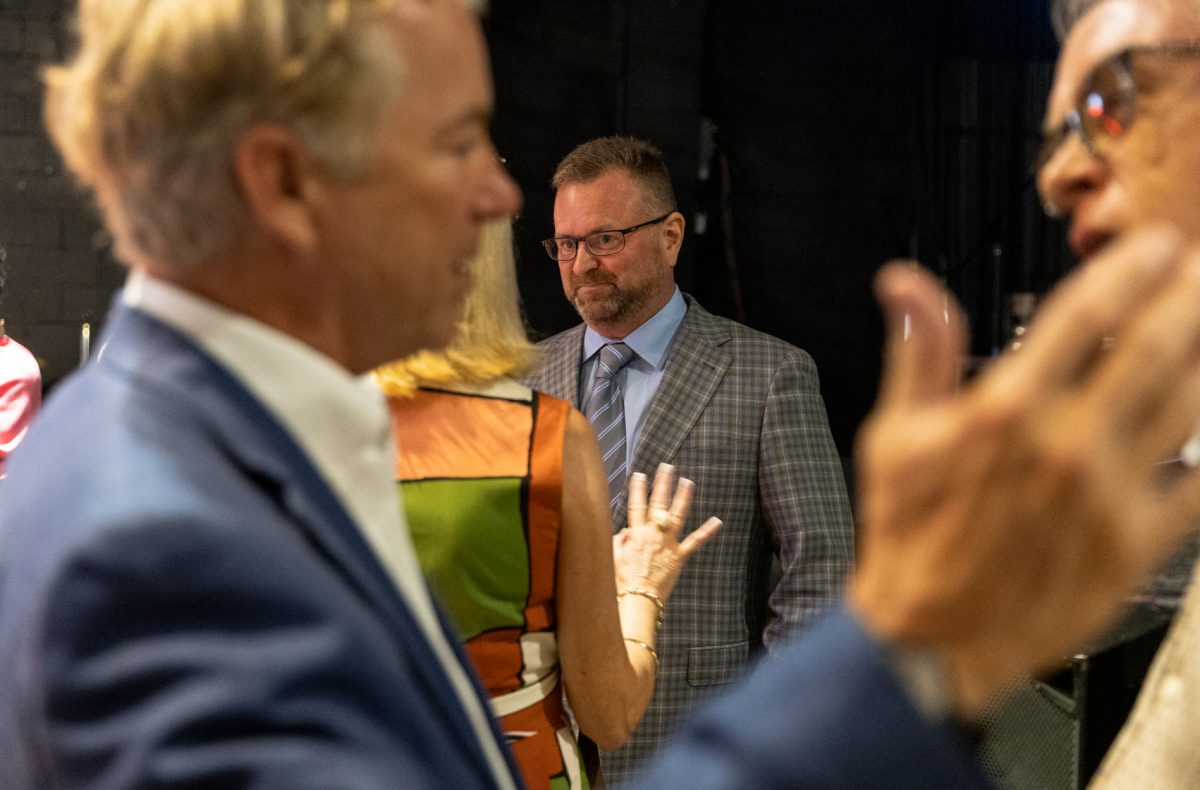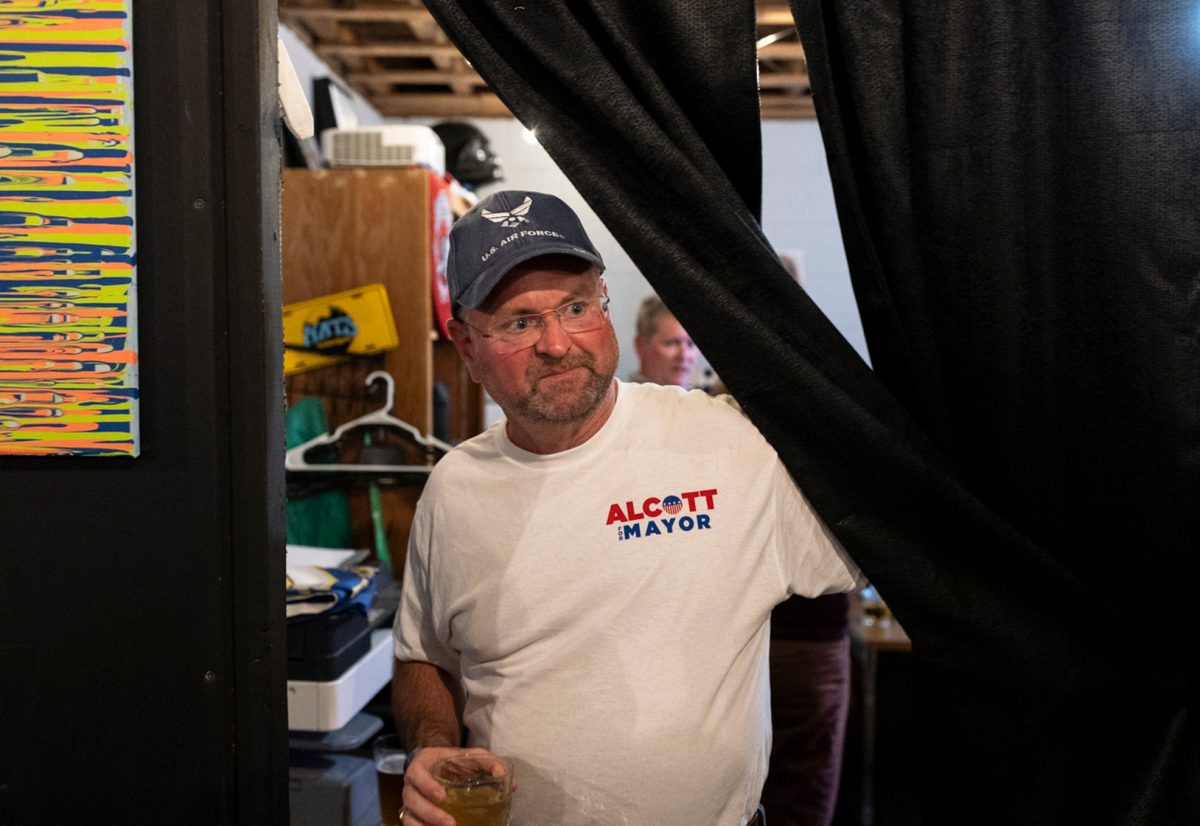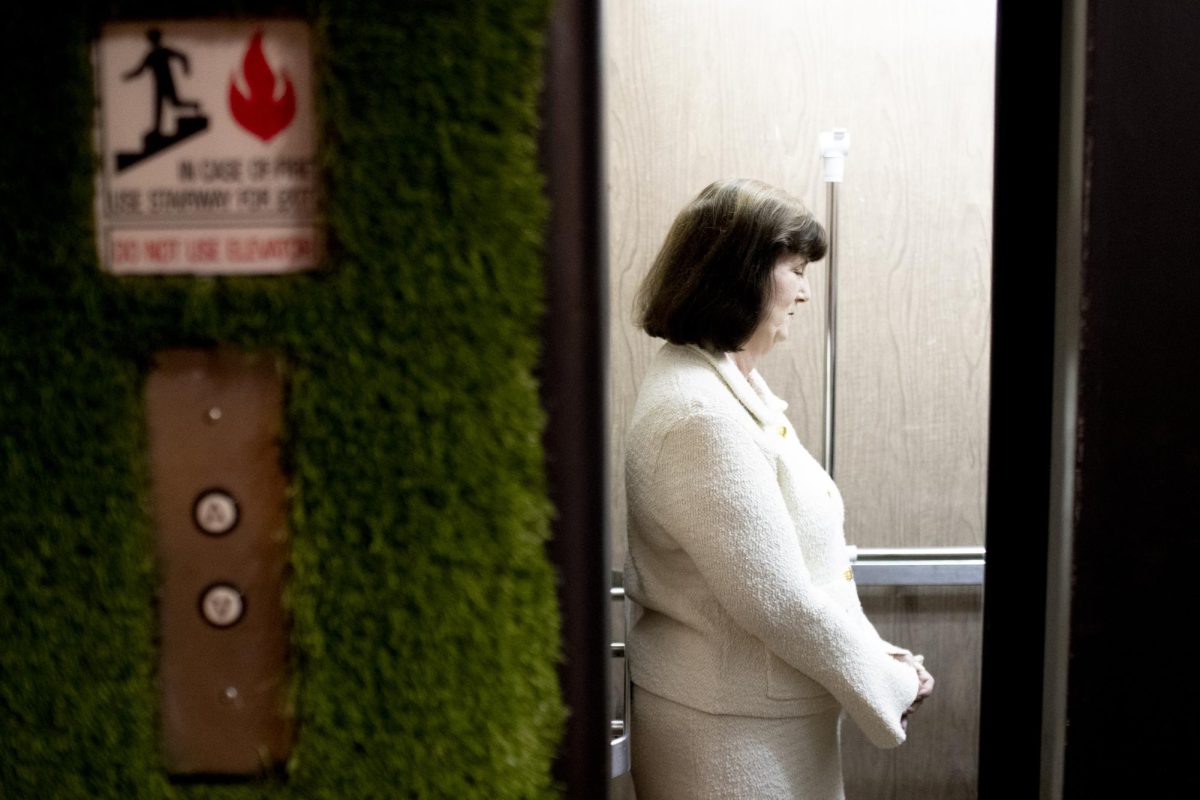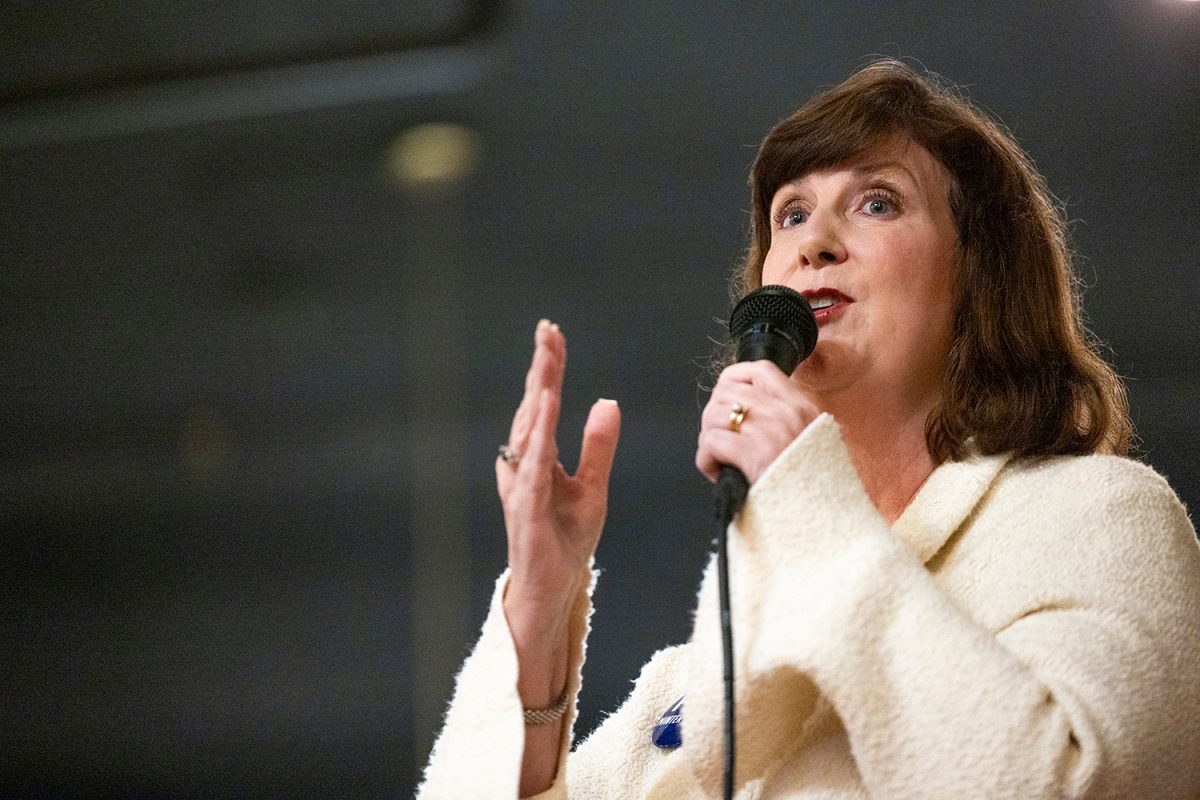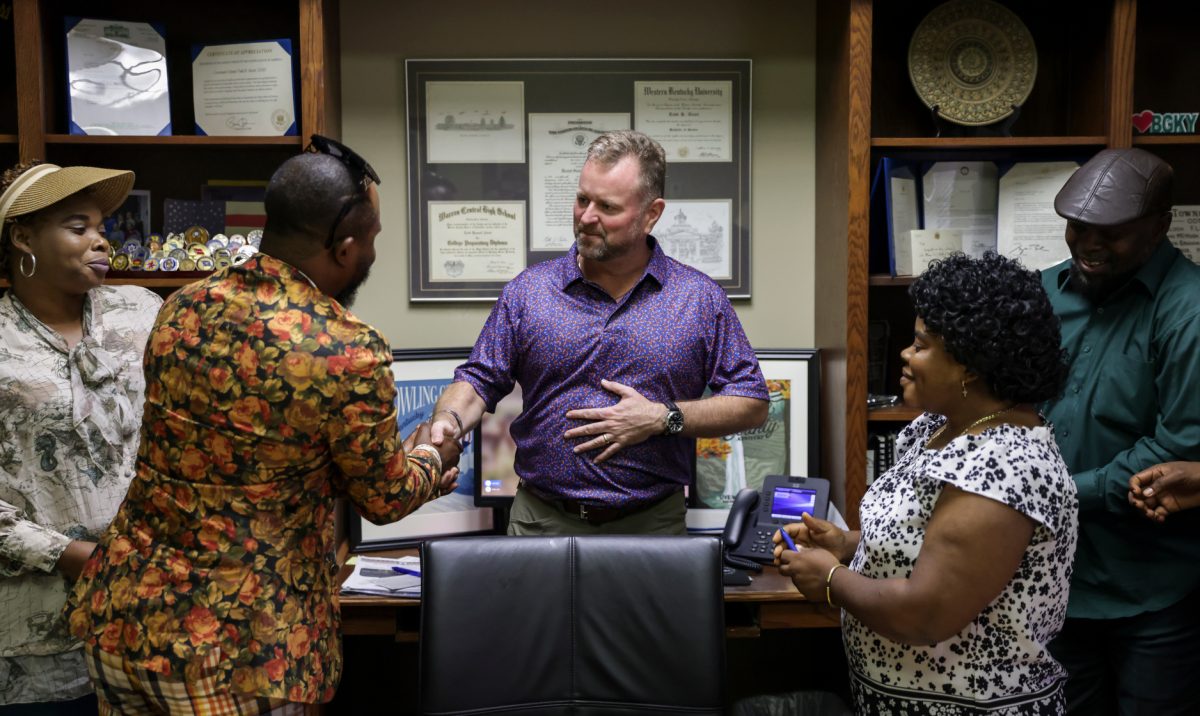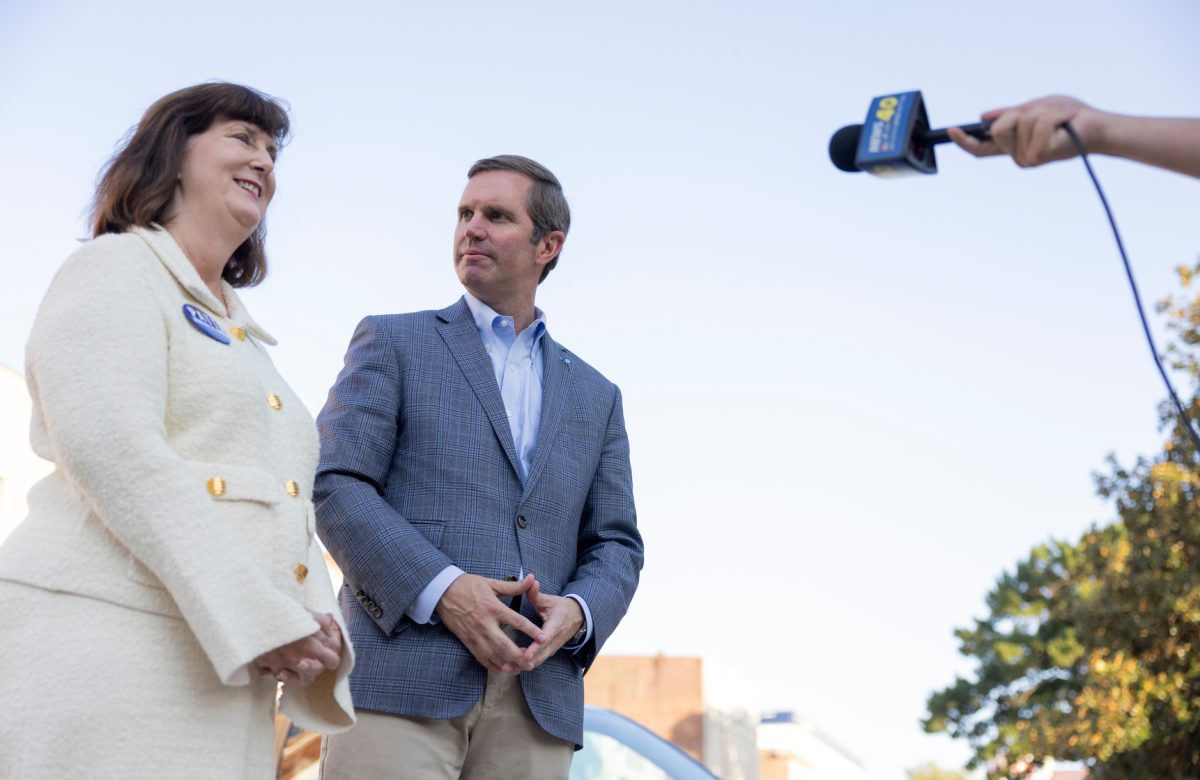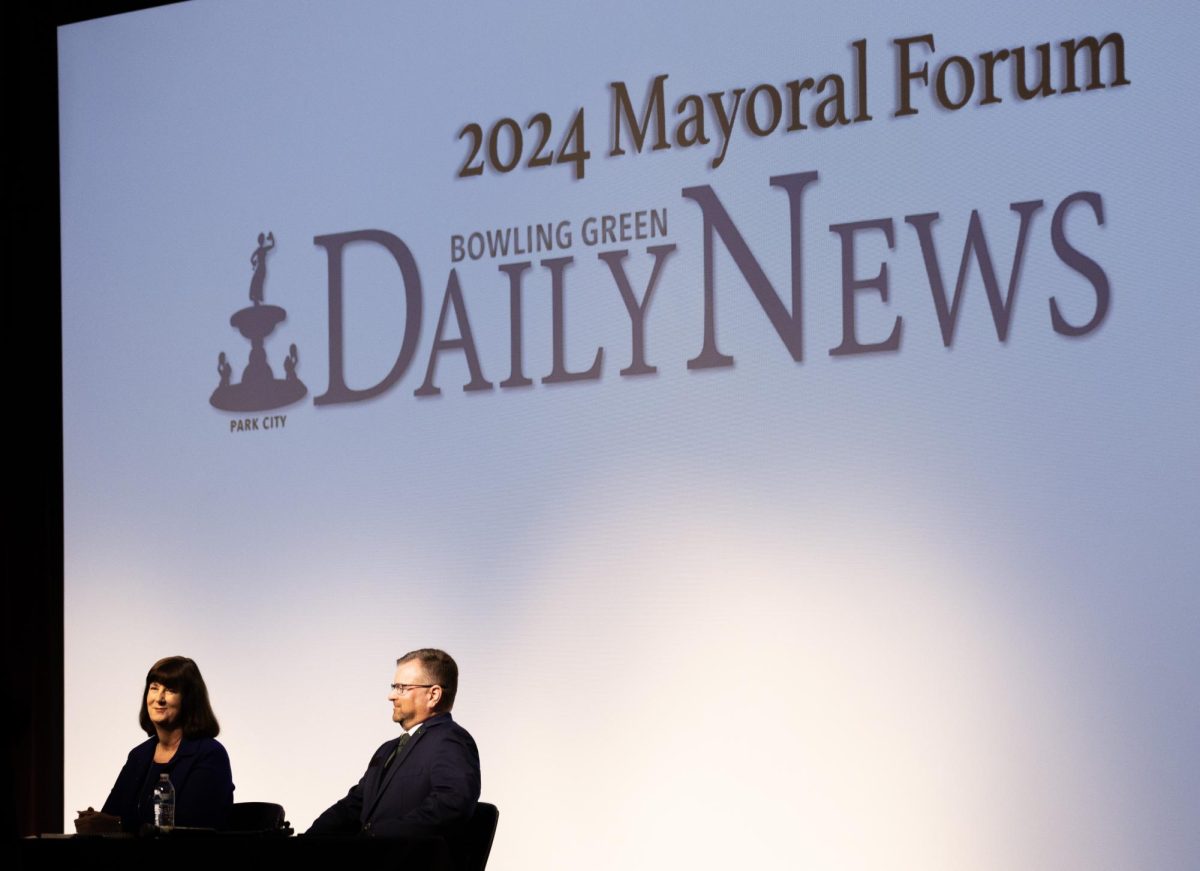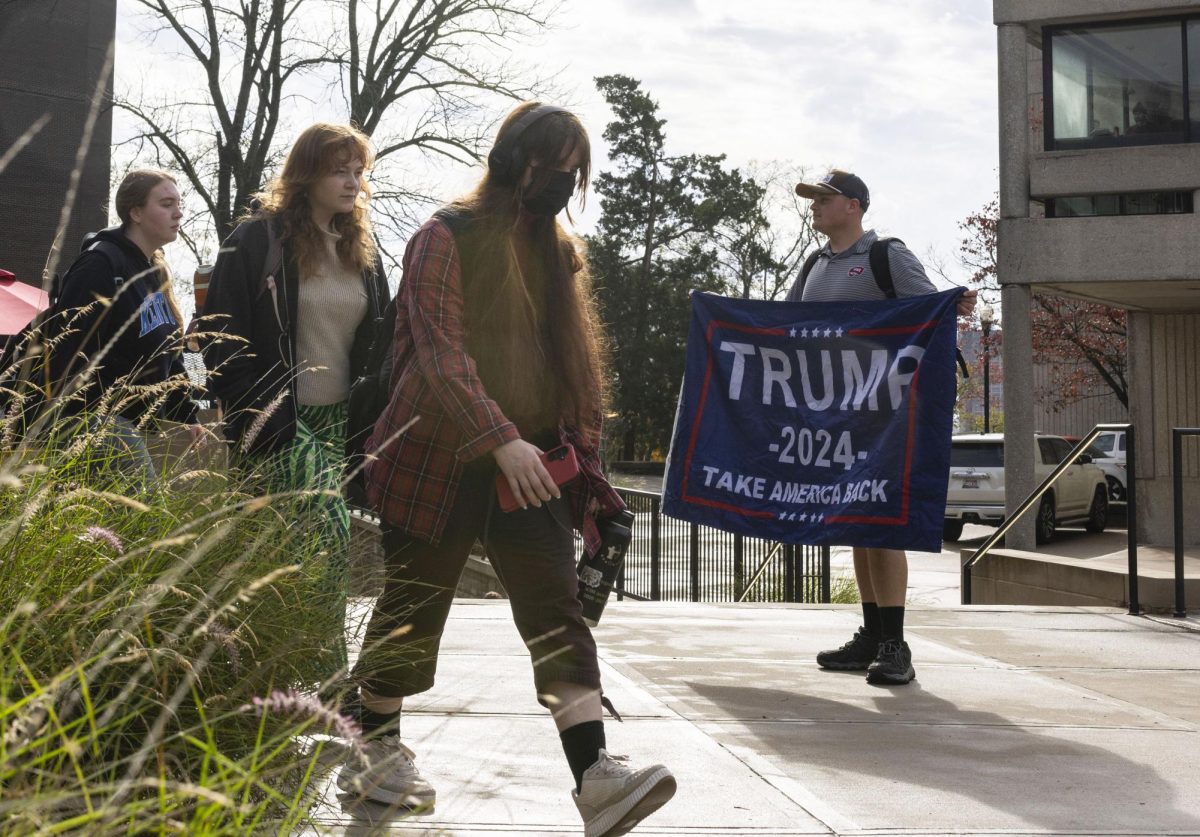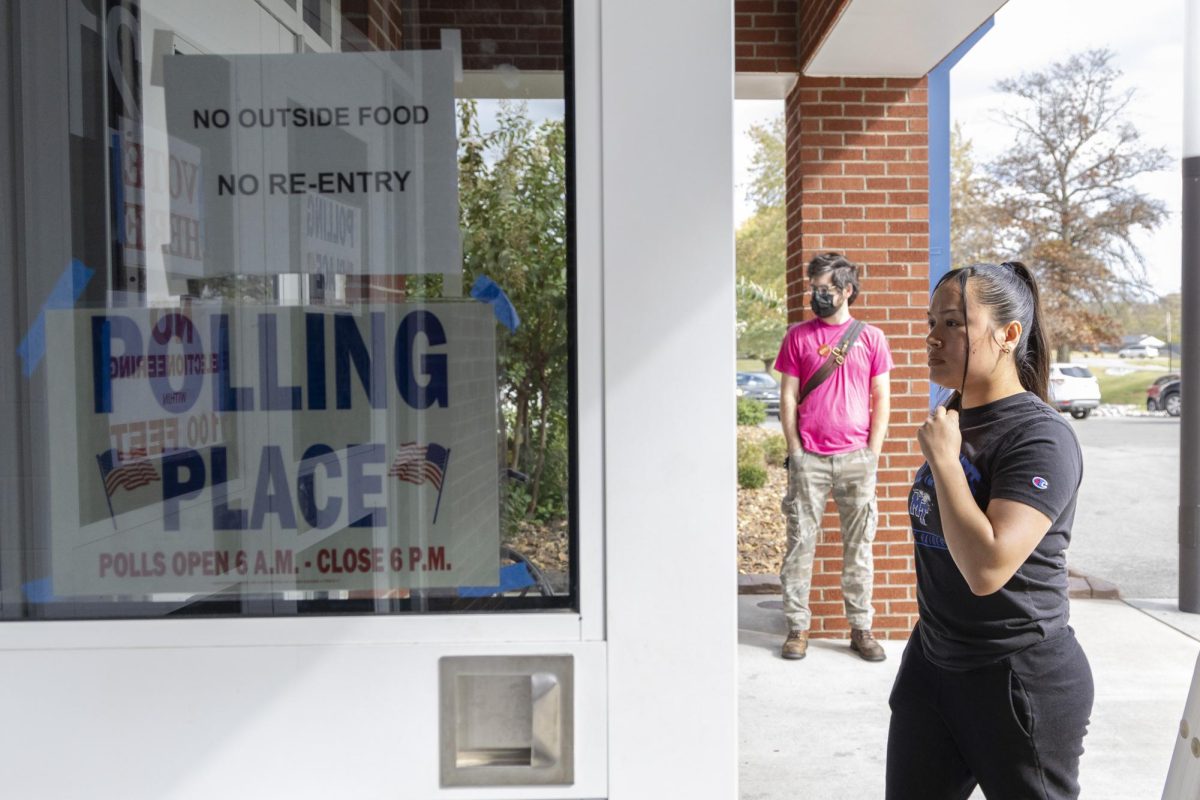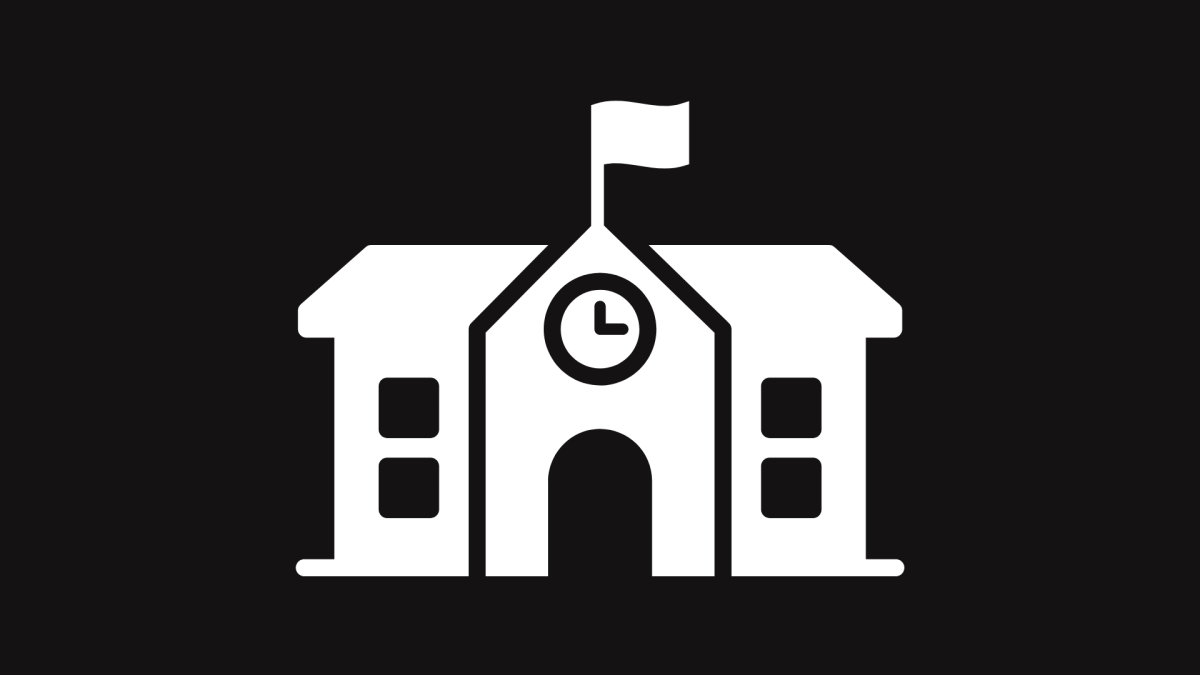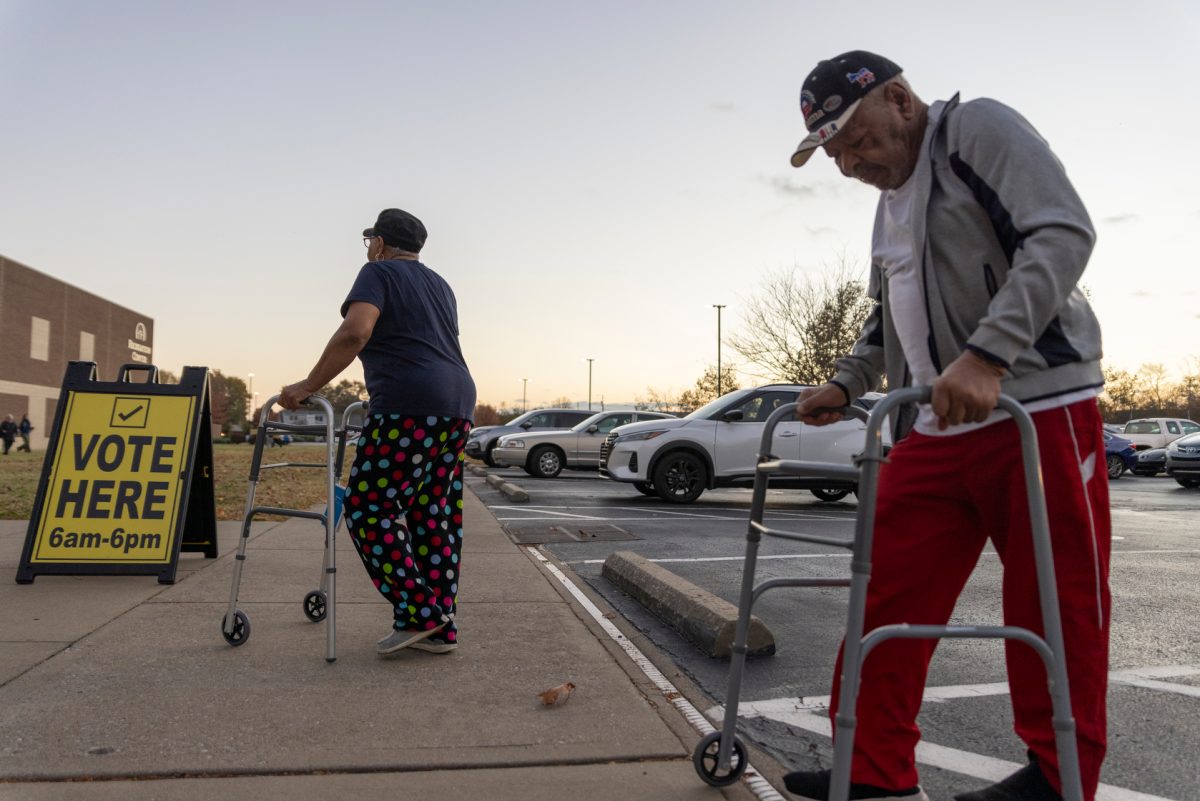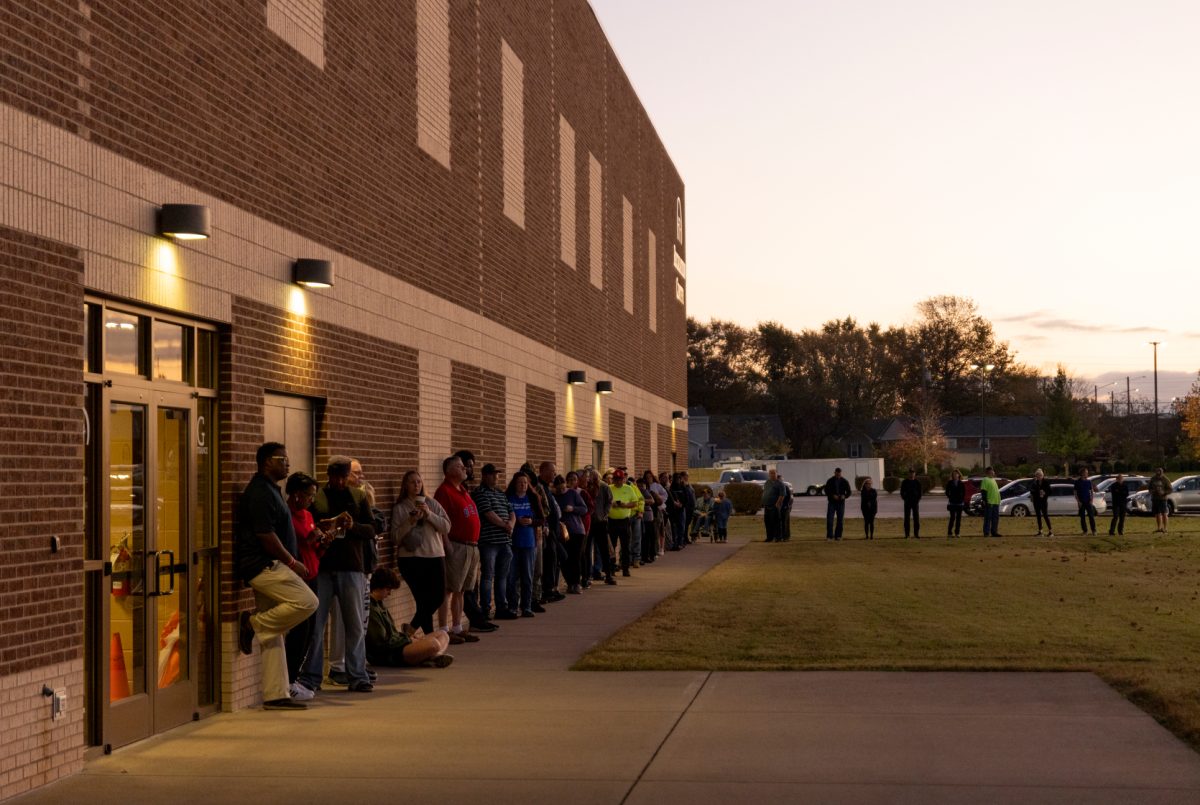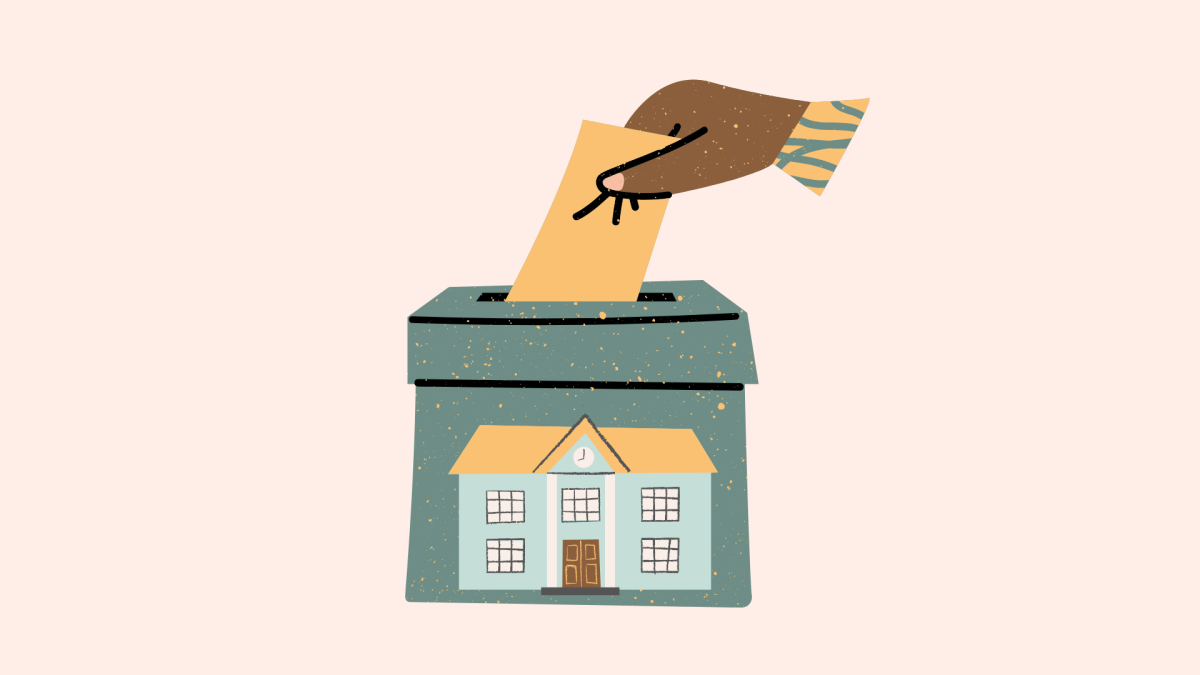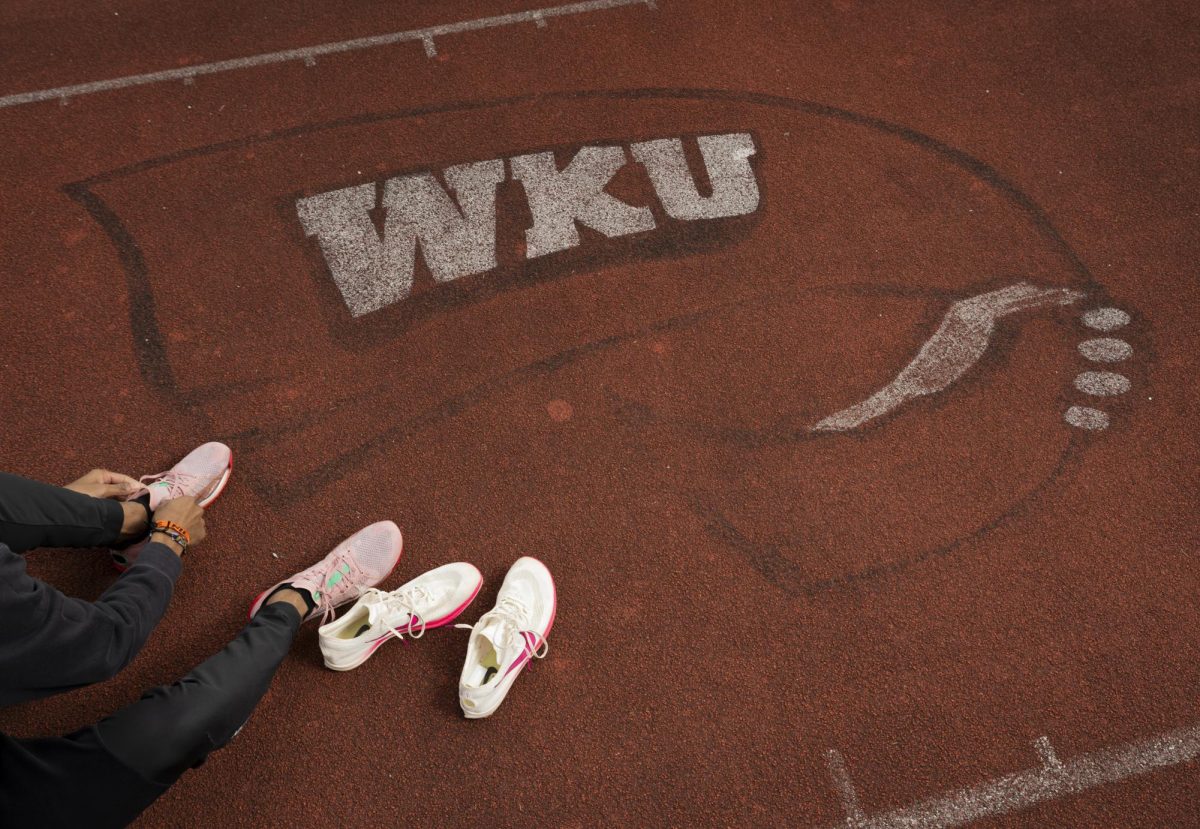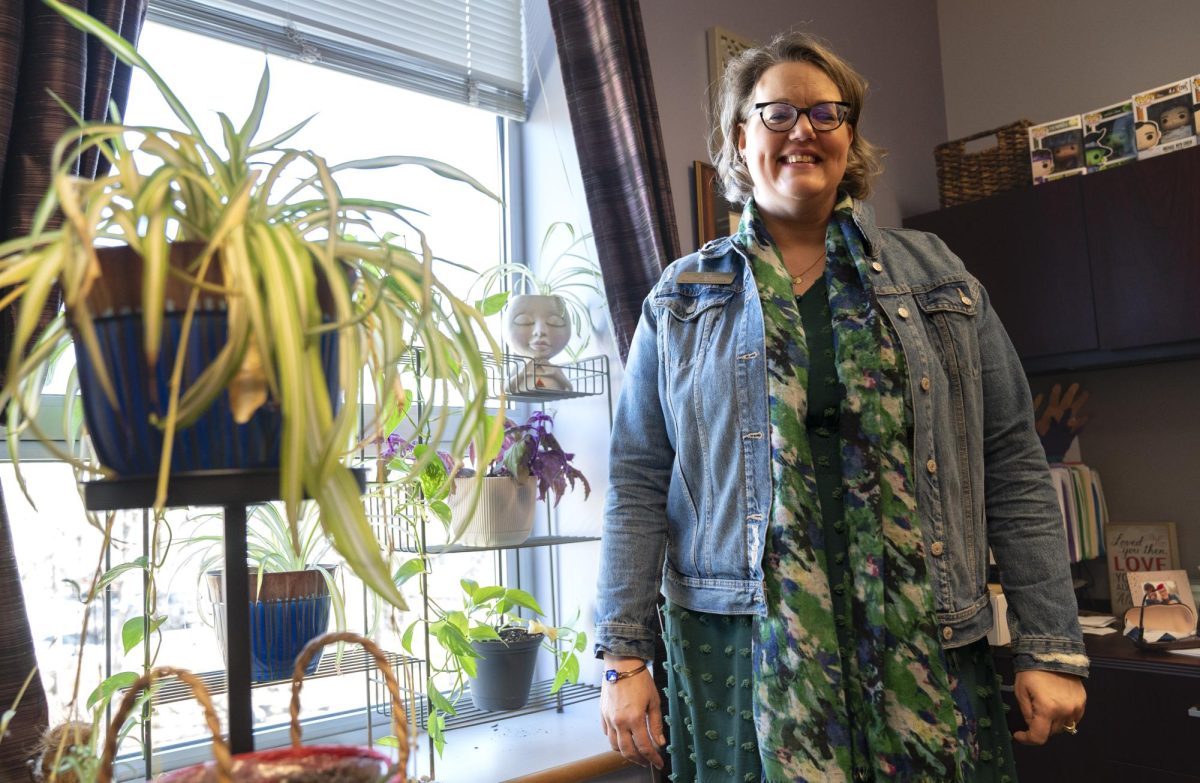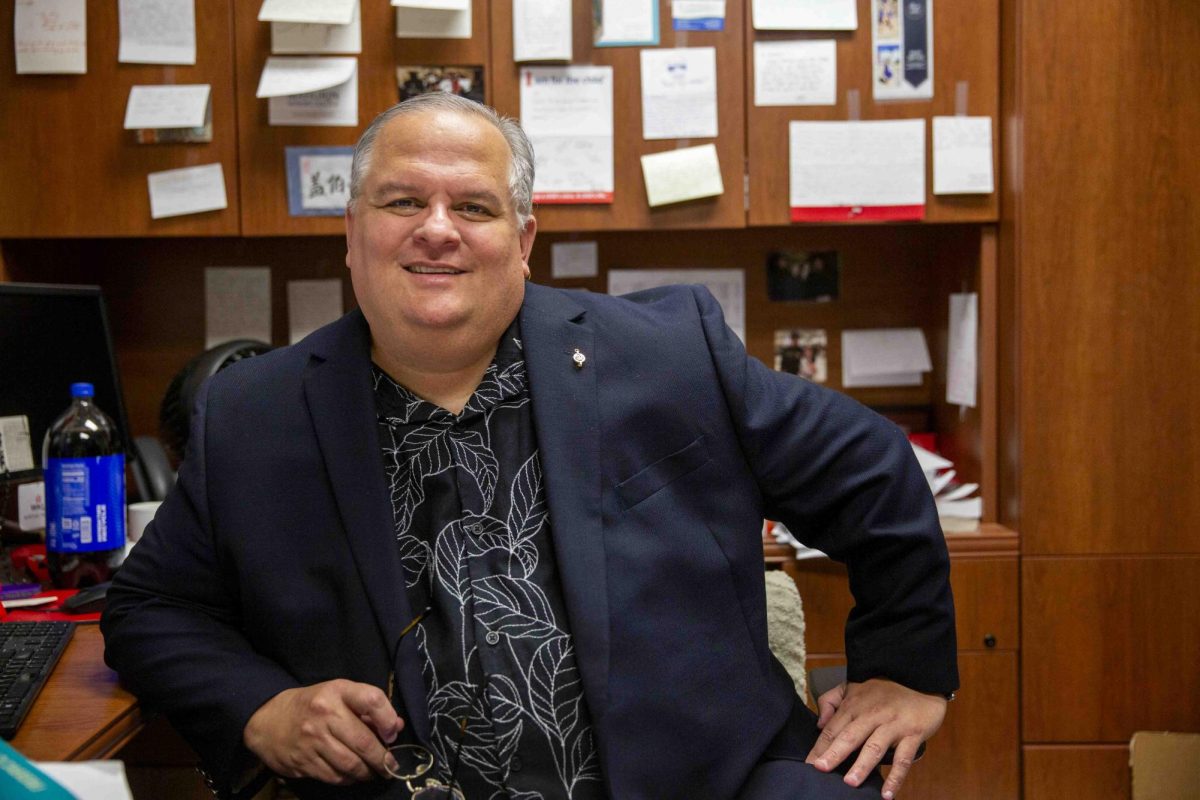In preparing its comprehensive coverage of the 2024 election from a variety of different angles, the Herald asked both candidates to answer the same seven questions. The Herald sought to provide each candidate the opportunity to present some of their vision to young voters and the WKU community. What follows are the answers Todd Alcott provided to these questions.
Q: How do you feel your first term as mayor went? What achievement or achievements are you most proud of?
A: It has been an incredible journey; we’ve faced challenges like COVID, tornadoes, storms, high inflation, and police shortages. Yet we have remained optimistic and made significant strides. I am proud of how our city team has turned tragedies into triumphs, such as securing $150 million in affordable housing grants and creating tax breaks for small businesses affected by the tornadoes. Our entire city came together to clean up rapidly and restore power. Additionally, we’ve tackled social issues by investing in a homeless center, securing funding for a regional mental health crisis intake center, and collaborating with citizens to design and build two new parks.
Q: In asking to be elected to a second term, as mayor, in what ways will you support WKU students as they spend their college years in Bowling Green?
A: As a WKU graduate from ’95, I understand how our communities are intertwined. It was surreal to have my first one-on-one with Dr. Caboni, especially when I nervously mentioned my transcript, and he smiled back without answer. We have already combined our public transportation into one agency, and created an entertainment district allowing open containers, plus we are developing a new park along our riverfront. We’re also collaborating with Beautify I65 and Project PRIDE to display WKU flags during opening week. I look forward to continuing to work with WKU.
Q: Bowling Green has seen massive economic development in recent years. In what ways will you work to continue this growth? What’s your vision?
A: Growth itself is not healthy without the support and infrastructure to sustain it. We need to build new roads, connect our parks with greenways, build turf fields for high usage, and hire and train more police officers. Working with our Kentucky local legislators, we landed an unprecedented $500 million state budget authorization for new road and utility infrastructure over the next five years. If we fall behind, we won’t get the full amount, so I want to ensure we stay on target to build a successful city for tomorrow’s opportunities.
Q: What do you see as the biggest issue facing Bowling Green and campus today? How do you plan to address this issue?
A: Parking was a significant issue when I was a student, and it remains a hot-button topic today. As we design new pedestrian oases, we must be mindful of logistics and safe traffic movement. Successful planning, collaboration, and communication are essential. Sometimes we need to ask the community to “pardon our progress” as we effectively lay out our vision; this takes strong leadership.
Q: Young college graduates often leave Bowling Green and or the commonwealth after completing their time at WKU. Do you believe it is important to keep WKU graduates in Bowling Green? If so, how do you plan to make this happen?
A: Absolutely, it’s critical for a thriving future. We want every WKU student to have the opportunity to thrive and raise their families in Bowling Green. The WKU Innovation Campus, formerly the old mall, is a powerful hub of innovative startups working side by side to create the next generation of businesses for our community. I have enjoyed and I want to continue working with our Bowling Green Chamber of Commerce, our County government, as well as the WKU Innovation Campus and Dr Caboni, all like minded leaders working together to help mold and secure our future.
Q: How do you grade WKU’s involvement with the city and the community at large, and why? How can it be improved?
A: I would say the past four years, we have a 3.5 GPA—there’s always room to improve. I’d love to see packed houses for all our sports events. With 140,000 citizens in our city and county (estimate of 230K by the year 2050), many of whom are WKU alumni, the future success of WKU life and recruitment directly impacts the future of Bowling Green.
Q: How has WKU prepared you for taking on the role of Bowling Green mayor?
A: WKU gave me my life: a commission into the Air Force as an officer, a degree in hotel and restaurant management, and friends for life. Plus, I met my beautiful wife, Deb, a WKU ’94 graduate and a multilingual teacher at Bowling Green High School. I have much to pay back, that will help pay it forward.


